"The Methodist Episcopal Church" is a historical account written by Nathan Bangs, which details the origins and development of one of the largest and most influential religious denominations in the United States. The book provides an in-depth look at the history of the Methodist Episcopal Church, from its humble beginnings in the 18th century to its growth and expansion throughout the 19th century. Bangs begins the book by discussing the early history of Methodism, including the life and ministry of John Wesley, the founder of the Methodist movement. He then goes on to describe the origins of the Methodist Episcopal Church, which was formed in 1784 after the American Revolution, when Wesley recognized the need for an independent Methodist Church in the newly formed United States. The author provides a detailed account of the early years of the Methodist Episcopal Church, including its organization and structure, its theological beliefs, and its evangelistic efforts. He also discusses the challenges and controversies that the church faced in its early years, including opposition from other religious denominations and internal divisions over issues such as slavery and temperance. Bangs then delves into the growth and expansion of the Methodist Episcopal Church throughout the 19th century, including its missionary efforts, its involvement in social reform movements, and its role in the development of American society. He also examines the church's relationship with the government, including its participation in the Civil War and its advocacy for religious freedom and separation of church and state. The book concludes with an examination of the challenges and changes that the Methodist Episcopal Church faced in the early 20th century, including the rise of other religious denominations and the changing social and political landscape of America. Bangs also discusses the church's continued commitment to its mission and values, including its emphasis on evangelism, social justice, and personal transformation. "The Methodist Episcopal Church" is a well-written and comprehensive historical account that provides readers with a thorough understanding of the origins, development, and impact of one of the most important religious denominations in American history. Bangs' research and scholarship make this book an essential read for anyone interested in American religious history, social reform movements, or the role of religion in American society.
$7.99
"The Methodist Episcopal Church" is a historical account written by Nathan Bangs, which details the origins and development of one of the largest and most influential religious denominations in the United States. The book provides an in-depth look at the history of the Methodist Episcopal Church, from its humble beginnings in the 18th century to its growth and expansion throughout the 19th century. Bangs begins the book by discussing the early history of Methodism, including the life and ministry of John Wesley, the founder of the Methodist movement. He then goes on to describe the origins of the Methodist Episcopal Church, which was formed in 1784 after the American Revolution, when Wesley recognized the need for an independent Methodist Church in the newly formed United States. The author provides a detailed account of the early years of the Methodist Episcopal Church, including its organization and structure, its theological beliefs, and its evangelistic efforts. He also discusses the challenges and controversies that the church faced in its early years, including opposition from other religious denominations and internal divisions over issues such as slavery and temperance. Bangs then delves into the growth and expansion of the Methodist Episcopal Church throughout the 19th century, including its missionary efforts, its involvement in social reform movements, and its role in the development of American society. He also examines the church's relationship with the government, including its participation in the Civil War and its advocacy for religious freedom and separation of church and state. The book concludes with an examination of the challenges and changes that the Methodist Episcopal Church faced in the early 20th century, including the rise of other religious denominations and the changing social and political landscape of America. Bangs also discusses the church's continued commitment to its mission and values, including its emphasis on evangelism, social justice, and personal transformation. "The Methodist Episcopal Church" is a well-written and comprehensive historical account that provides readers with a thorough understanding of the origins, development, and impact of one of the most important religious denominations in American history. Bangs' research and scholarship make this book an essential read for anyone interested in American religious history, social reform movements, or the role of religion in American society.

Welcome to New Life Christian Church, a community of believers founded in 2018 by Rev. Stephen and Rev. Peter Carter. Our church is dedicated to spreading the love of Jesus Christ and sharing the good news of the gospel with all who seek it.
Reviews
There are no reviews yet.